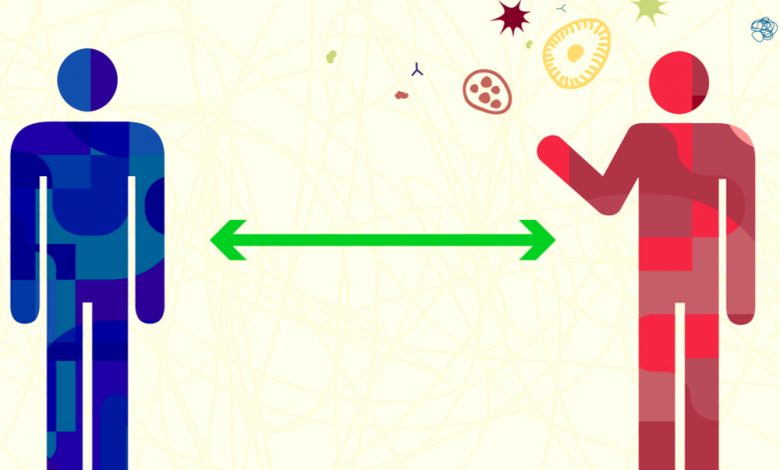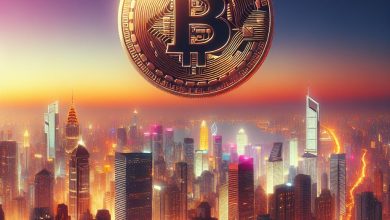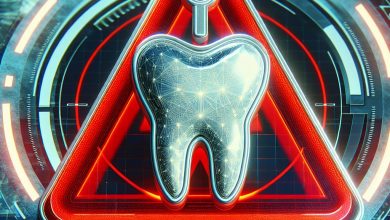
Covid-19, better known as coronavirus, has reached over 30 states, and the country is already starting to feel the strain of limited resources, including tests and protective masks. The United States, if not the entire world, is now facing a make-or-break moment the outcome of which could depend entirely on one of the most disruptive but basic health tools in the world; the idea of social distancing.
Social distancing offers one of the best ways to prevent the number of cases of coronavirus from exploding and becoming even more of a crisis. Social distancing helps to prevent infected people from coming into contact with healthy people, and vice versa. We’ve already seen conferences, sporting leagues, and more being put on hold or canceled outright. Its inconvenient, sure, but it does help, and it’s essential to understand that.
Table of Contents
The Goal of Social Distancing is to Slow the Spread of Coronavirus
Coronavirus has left Asia and has now infected people in over 70 countries. Officials have taken unprecedented measures to keep everyone as safe as possible. In Austin, the South by Southwest festival was canceled, while ballets and symphonies have been canceled in San Francisco. St. Patrick’s Day celebrations were canceled at home and abroad, and even the Vatican held off on the usual Easter Mass this year. People are urged to avoid any kind of large gathering.
The problem is that by the time the virus appears somewhere, it’s already moved on. By the time someone is aware they have it, they’ve already infected other people. It’s important to slow it down as much as possible to prevent the healthcare system from becoming too overburdened. There’s only a limited number of beds, ventilators, and ICU units. We need to keep these medical resources for people who need them because of other health concerns. It’s not like other diseases and health conditions have gone away because we’re dealing with a pandemic.
We are blessed to live in a country where the government is unlikely – or just unable – to take extreme draconian measures like those seen in China. This does come with a level of personal responsibility, though. It’s up to people to take steps to prevent the virus from spreading as quickly as it is. Even if the same number of people are infected anyway, it’s better to have it happen over an extended period of time to preserve essential resources and avoid unnecessary deaths. That’s what social distancing can do for us right now.
The Challenges of Social Distancing
Social distancing is something that we can all do on a personal level. We don’t need the government’s permission to change our daily routine and adapt to our own situations. It might seem silly to not go out with your friends on a Saturday night, but it’s better to be safe than sorry. By the time you’ve gotten over how silly it all feels, it’s too late. Do it now.
It all comes down to how much personal space everyone at an event has, and how much you trust everyone at that event to have stayed at home if they felt sick.
Of course, disrupting our daily lives like this is something that is much easier said than done. What we do now will have significant impacts on not just ourselves and our families, but even the global economy. There’s already a lot of conflicting information out there on the virus, some of which is being spread by world leaders. President Donald Trump stirred controversy by comparing the coronavirus to the regular flu, saying on Twitter that even though the flu killed 37,000 people last year, “Nothing is shut down, life and the economy go on. At this moment there are 546 confirmed cases of coronavirus, with 22 deaths. Think about that!”
Social distancing and disrupting regular life can sound unusually excessive for young and healthy people, those least at risk of the virus. You only have to look at the numbers to understand the kind of impact social distancing can have on a virus, though. It’s about “flattening the curve” as experts put it. We want to create a situation where cases of the virus are more akin to a long and small hill compared to the huge peaks of Mount Everest.
The basic idea behind social distancing is that you are preventing the spread of the disease. You are limiting the potential growth of infected people. Social distancing could make the difference between 1,000 and 100,000 people getting the disease in a day, and every day counts with something like this.
A Look Back at Previous Epidemics
History has shown us the power of social distancing. A study in the Proceedings of The National Academy of Sciences of the United States of America looked at the influenza epidemic of 1918. The study showed that taking “excessive” steps early – such as shutting down schools and churches and preventing large gatherings – resulted in fewer deaths in the cities that adopted these measures.
A key example of “what not to do” came from Philadelphia. The city held a huge parade 11 days after the flu outbreak started and didn’t put in social distancing measures for another week after that. That’s 18 days. The city went on to have a much harder time dealing with the outbreak than St. Louis, who had adopted social distancing much earlier. Philadelphia had twice as many flu deaths as St. Louis, but the more sobering statistic is that the death rate peaked much earlier and was much bigger than with St. Louis. We can – and should – learn from the past.
The main challenge right now isn’t so much the virus, but rather the need for resources when everything starts. Remember how everyone was buying food and, for whatever reason, toilet paper? Now no one can get it. Imagine that, but in hospitals. What’s missing isn’t basic things, but serious necessities that people need to live. It’s ventilators and beds. It’s ICU units that keep people alive.
The situation is sort of like a small family having to deal with the regular flu. Do you want everyone to be sick at once? If that happens, then parents can’t take care of their kids properly. It’s better to have people get sick one after the other so that the family is only dealing with one sick person and everyone else can help take care of them.
Most of the attention right now is being placed on countermeasures like vaccines and other treatments. These countermeasures are necessary, but they won’t be available for a while yet. There are plenty of things that people can do now, right now, that will have a huge impact. Social distancing is one of the most important. Wash your hands and try to stay away from other people. Just do that, and everything will be better for everyone.
The idea of social distancing sounds humble, as does washing your hands. It sounds too simple. But it works. Social distancing and handwashing helped drastically during the Ebola outbreak in Africa in recent years. Communities came together to help stem the tide and limit their contact with others, and it proved invaluable in helping to contain the crisis. If anything, social distancing in Africa may have been what prevented Ebola from becoming the pandemic that coronavirus has.
We all Must Do Our Part
The focus right now should be on helping to protect older and more vulnerable people and keeping them safe. We want to take measures to ensure that as few vulnerable people get the disease as possible. We want to limit their exposure to it.
Doing this will mean making a few sacrifices, and what we have to do may need to change as time goes on. It’s easy to get overwhelmed. It’s easy to be scared. It’s easy to not know what to do. The best thing you can do right now is to avoid going out when you can. Keep your hands clean too. Also, for the love of all that is holy, stop panic buying. The more you have, the less someone else has.
Social distancing saves lives directly and indirectly. Even if it doesn’t mean fewer people get infected overall, it does reduce the rate of infection. It means more people have access to medical supplies when they need them.
John F. Kennedy once said, “Ask not what your country can do for you, ask what you can do for your country.” The best thing you could do for your country right now, no matter where you live, is nothing. Just stay on the couch and watch Netflix like you’ve always wanted to.
Your grandparents were told they had to go to war. You’ve been told to stay inside. You’ve got this.





Leave a Reply
Thank you for your response.
Please verify that you are not a robot.